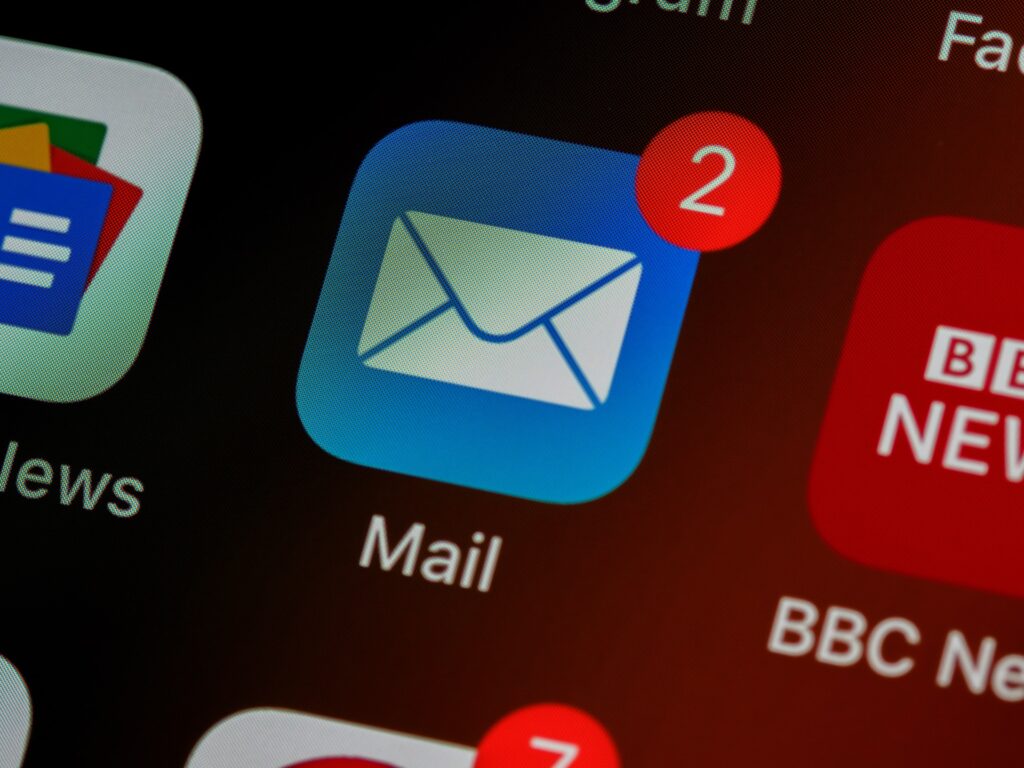
You spent weeks, maybe even months, planning your event. Canceling it is the last thing to cross your mind! But we saw that a lot of cancellations in 2020 and 2021 because of COVID-19—and there are plenty of other reasons why an event might be canceled, too. Although your attendees will be disappointed, that’s all they have to be. You can navigate the disappointment and keep your reputation after canceling your event.
Attendees have a hard time with cancellations because it breaks down the trust they have with your brand and your business. And if this is one of their first encounters with you, that trust is fragile. In order to keep that trust, you have to move quickly to make the proper adjustments for your no-longer-happening event and communicate clearly with your attendees.
Below, we’ll walk you through all of those steps in order. It will be extra work to backtrack and reverse your planning—but doing it properly will ensure that you can keep your reputation for future events!
Consider Postponing

The very first step in keeping your reputation is to give your guests an alternative. That way, you’re not completely canceling, and guests will still be able to experience your event. Instead of canceling, you could change the date or switch to a totally virtual format.
Even still, those two options aren’t always, well, options. For example, if the speaker is sick, they won’t make a virtual event, either. And if you’re canceling a time-oriented event—like a product launch or holiday party—a different date might not work. Nonetheless, it’s still important to consider all of your options before officially canceling. Canceling an event is a big decision and a lot of work, so make sure it’s the right one!
Stop All Ticket Sales
You keep your reputation after canceling by treating your attendees well and communicating clearly. The first step is to stop ticket sales as soon as you know that you’re canceling the event. You can do this before you even tell your attendees that you’re canceling. In fact, you should do this before you tell your attendees. (Or, at very least, at the same time.)
Bonus Tip: Don’t forget to notify any third-party websites that are advertising or selling tickets for your event.
You shouldn’t be accepting purchases when you know the event will not happen. Refunding ticket sales is complicated enough—and refunding a ticket that was purchased only a day ago will surely add to your attendee’s disappointment! Don’t forget to end any marketing campaigns and notify third-party sellers, too. You definitely don’t want to promote ticket sales once the event has been canceled.
Communicate Clearly and Quickly

You shouldn’t wait to tell your attendees, either! Of course, you want to get the messaging right so you don’t confuse your guests. Be as transparent as you can while respecting the privacy of those who may be involved in the situation—but don’t leave your attendees in the dark. This is an important way to keep your reputation after canceling. The better that you communicate and the quicker you do so, the happier your attendees will be with you and your brand.
Bonus Tip: Use the same methods you used to invite them in the first place.
Consider an FAQ section on your website and/or in any email communication. You don’t have to be wordy or bury answers in the copy. On the contrary, direct questions and easy answers will give your guests the most satisfaction. As we mentioned before, they may still be disappointed or even a little irritated. But overall, your reputation will be preserved.
Common questions include:
- Will I get a refund?
- What is the process for getting a refund?
- Will the event be rescheduled?
- Will I be able to re-purchase my ticket if the event happens at a later date?
- Why is the event being canceled?
Offer Refunds

Whether you’re rescheduling or canceling, you should always offer refunds. Of course, if you’re rescheduling, you can let your attendees choose between a refund and attending at a future date—some attendees may be able to attend at the new date. But if you are completely canceling the event, you should always refund the ticket costs.
Bonus Tip: Don’t forget to clearly outline the refund procedure in your emails and FAQs!
We did mention earlier that canceling an event can be costly—and this is why! But public opinion is important in business, too, and offering refunds goes a long way for your reputation. Plus, it’s the right thing to do. A customer or guest shouldn’t have to pay for an event that they can’t actually attend.
Contact Any Vendors
If you already booked vendors, speakers, and other event professionals, notify them as well. You may choose to notify them at the same time as your attendees—so long as that doesn’t delay attendee communication. We certainly don’t recommend waiting to notify attendees until you’re ready to notify vendors. Your attendees come first! Plus, they probably have more questions, and refunds will be a longer process than canceling on a vendor.

Of course, consult your vendor contracts before you begin the conversation. Your contract should lay out any cancellation policies, including refunds. In most cases, vendors will offer a partial refund if you give enough advance notice. (Another reason not to wait!) Similarly, however, most initial deposits are non-refundable, and you may not get all of your money back. Regardless of your contract, you should still communicate clearly with your vendor and let them know ASAP.
Conclusion
No one wants to cancel their event—not you, not your attendees. But unfortunately, it does happen sometimes. And when it does, you can rest assured that you can still keep your reputation after canceling your event. All it takes is swift action and clear communication with your attendees and your vendors. Plus, do everything in your power to not cancel your next event!
Have you ever had to cancel an event? What was the first thing you did?

